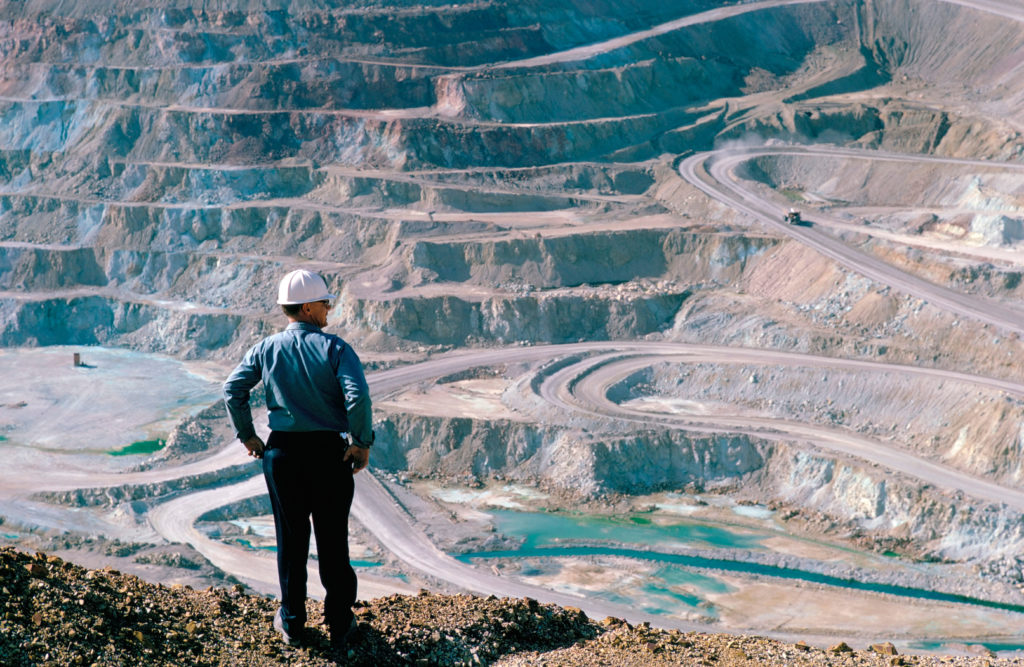TASHKENT
Uzbekistan’s state-owned Almalyk Mining and Metallurgical Combine (AMMC) has launched the development of its Yoshlik-I copper deposit site, a $4.9 billion worth project that should triple copper production in the resource-rich Central Asian nation within several years.
President Shavkat Mirziyoyev, who laid the capsule on the construction site, called this important event a revolutionary step in the Central Asian country’s mining industry, according to the president’s press service.
It is expected to mine 65 million tonnes of ore annually from the deposit area of 11,000 hectares starting from 2024.
AMMC, located in the Tashkent region, is the country’s second-largest gold and the first largest copper producer. The plant’s share in the country’s industry is 7 percent, and its share in exports is 15 percent. This plant provides 8 percent of the total revenue of the state budget.
The project will also include the construction of AMMC’s third copper concentrator plant with an expected cost of $2 billion and with a processing capacity of 60 million tonnes of copper-molybdenum ore. It will be financed by loans from Russia’s Gazprombank and Vnesheconombank, it said.
According to research conducted by foreign laboratories and international assessment criteria, the total reserves of copper in Yoshlik-I deposit are estimated at 45 million tonnes, and gold reserves – more than 5,000 tonnes, the report said.
“Over the past four years, the volume of production in the metallurgical industry has increased from $1.5 billion to $4.5 billion dollars, or three times increase, and this sector has become one of the strongest drivers of the industry,” President Mirzioyev was quoted as saying.
President said that as a result of the project implementation, the AMMC’s output was expected to triple raising $8 billion annually from the current $2.5 billion.
It is expected that AMMC’s annual production capacity will reach 400,000 tonnes of copper, 50 tonnes of gold and 270 tonnes of silver by 2028.
Uzbekistan’s copper production has reached 148,000 tonnes in 2020.
Mirziyoyev highlighted the importance of producing high value-added products. Currently, Uzbekistan exports about 60 percent of copper as raw material.
International experts predict that by 2030 global demand for copper will grow by 40 percent due to growth in the production of electric vehicles, electrical engineering and the development of renewable energy sources. It is a trend Uzbekistan is hoping to capitalise on by implementing several strategic objectives to boost copper production by the end of the decade.

